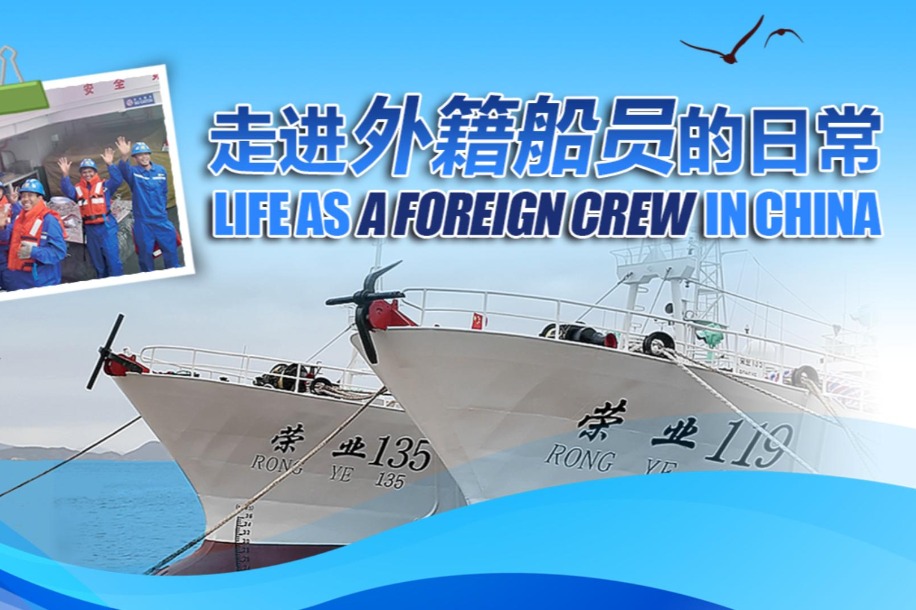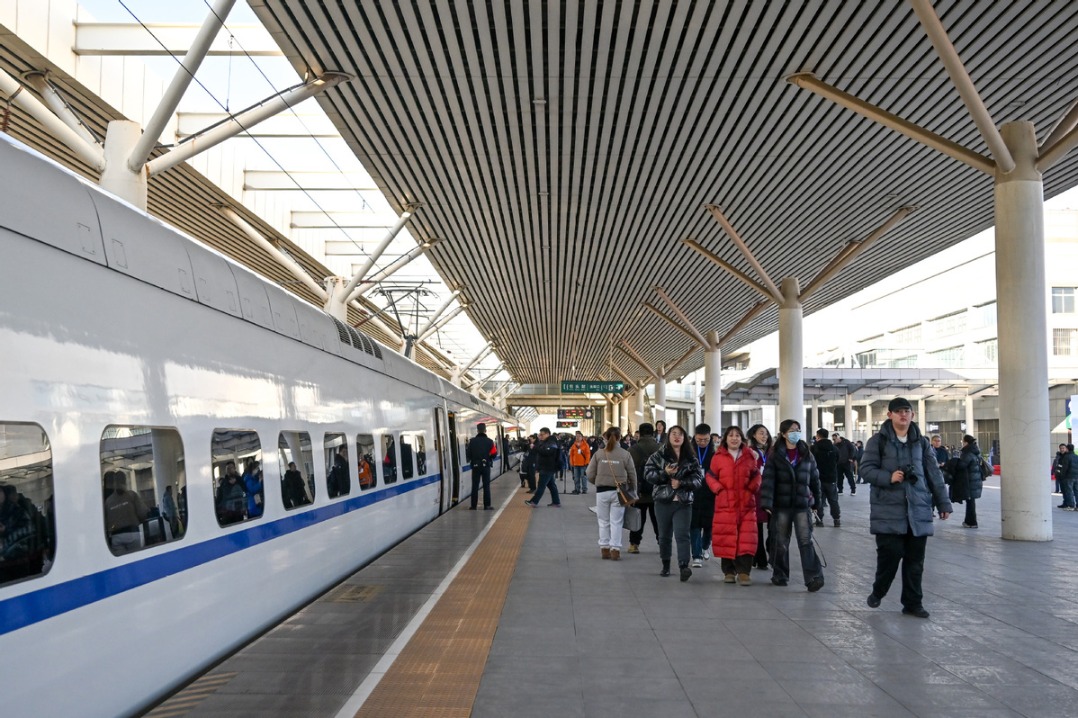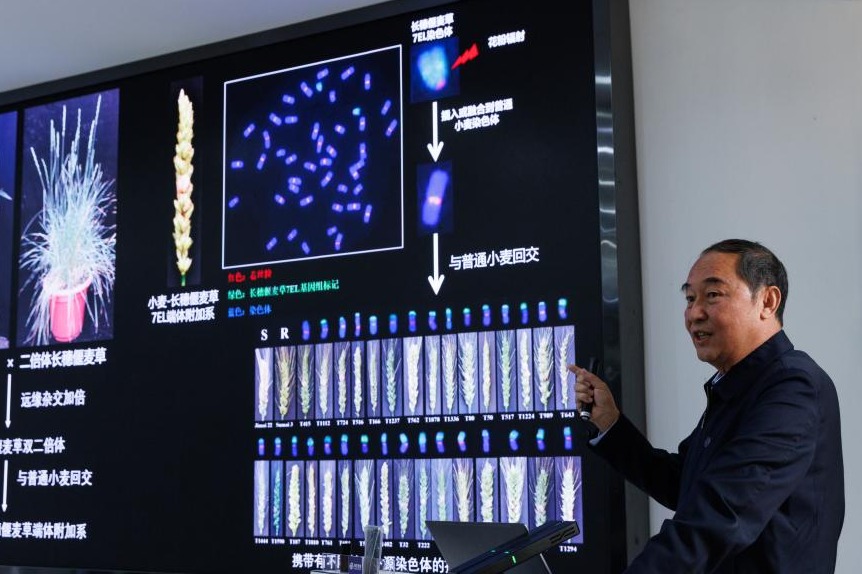Private sector injects impetus into FOCAC cooperation

The private sector, including people-to-people exchanges, has become an increasingly important part of the Forum on China-Africa Cooperation over the past 24 years since its establishment, injecting new impetus into China-Africa relations, according to experts.
"FOCAC is maturing and evolving, what started as a state-to-state engagement is now decentralized to include nonstate actors," said Philani Mthembu, executive director at the Institute for Global Dialogue, a South Africa-based think tank.
"We are seeing some increase in the Chinese private sector, not only in the foreign direct investment, but also making financing commitments toward Africa. We are seeing small and medium enterprises from Africa looking to have access to funding their enterprises from China. We are seeing an evolution of the relationship which started at a state-to-state level."
Mthembu made these remarks during an interview with China Daily on the sidelines of a seminar organized by the Institute for Global Dialogue, the Chinese embassy in South Africa and the University of Johannesburg on Thursday.
He said that FOCAC, since its founding in 2000, has helped strengthen people-to-people relations, with its spread reaching universities, think tanks and academics.
Many students from different African countries have received scholarships from the Chinese government to study in China while many infrastructure projects have been completed by Chinese companies in Africa.
The Chinese enterprises have constructed or refurbished parliaments in Liberia, Mozambique, Seychelles, Guinea and Zimbabwe.
Mthembu said that in the past there were big infrastructure projects linking African countries, but now Africans are witnessing projects linking rural and urban areas. There are now investments in small infrastructure, including energy projects, in rural areas, Mthembu said.
Speaking during the seminar on Thursday, Wu Peng, Chinese ambassador to South Africa, said the Summit of the Forum on China-Africa Cooperation was successful with "pragmatic" outcomes. He said that China will expand vocational training for African countries in various skills to create jobs. China will continue to build industrial parks and support Africa's industrialization for sustainable development of the continent, said Wu.
Mandira Bagwandeen, lecturer at the Stellenbosch University in South Africa, said the deals signed with South Africa will immensely benefit the country.
She said, "The elevation of relations with China to strategic relations demonstrates how far China values the region in geopolitics. FOCAC has evolved as relations have evolved."
Bagwandeen said Africa should consider cooperating with China on the next-generation technologies which will have a huge impact on the development of African countries. She said African countries should leverage China's expertise in artificial intelligence, big data, and digital industrialization.
Speaking to the media on Friday in Pretoria, Khumbudzo Ntshavheni, South African minister in the Presidency, said the Cabinet has noted the FOCAC decisions and outcomes of the state visit by South African President Cyril Ramaphosa to China during the FOCAC summit.
She said the two countries reached cooperation agreements in a wide range of areas, including trade, electric vehicles and renewable energy.
The writer is a freelance journalist for China Daily.
Today's Top News
- Five continents, five rhythms in 2025
- Lawmakers review draft law to expand childcare services
- China's new-style tea brands find a hot new market in US
- Xi extends congratulations to Chilean president-elect
- Japan urged to stop provocative moves
- Shanxi ends province-wide blanket fireworks ban






























